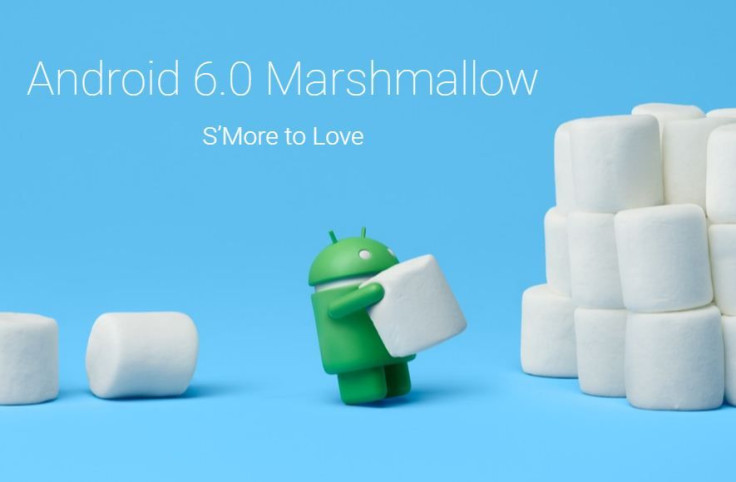Android Developers Delayed Marshmallow Upgrade To Harvest And Sell Data

Android app developers allegedly delayed their applications' Marshmallow upgrade intentionally. They postponed Android 6.0 app update to enable them to harvest and sell more of the users’ personal data.
Research published in June by the University of Maryland revealed how app developers delayed the Android Marshmallow update to take advantage of the blanket permissions available in earlier versions of the operating system. Since apps in Android automatically show permission request pop-ups before installation, app developers gathered more data which they could later sell to data tracking firms.
The research also discovered that the ratio of the apps' dangerous permissions to the regular permission prompts that users see was directly proportional to the alleged intentional delay that developers were doing on Android Marshmallow.
Actions Taken By Google
Google acted on the issue by launching a new app permission model. The model screens out apps that make a lot of permission requests from being installed.
They also recalibrated the time when the permission-requesting pop-up appears. Instead of the pop-up appearing before the installation and leaving the user with no choice but to approve the entire set of prompts, the permission requests appeared after the successful installation of the app.
In doing so, Google was able to minimize the app developers’ access over the users’ data as users have the freedom to only give access permission on what is necessary. This also minimizes the cases of allowing access to data not usable for the installed app at all.
Google gave the app developers a three-year deadline to adopt their applications to the newer OS version, allowing apps to term themselves as legacy apps for Android versions 6, 7 and 8. Legacy apps use the older versions of the Android Software Development Kit and may still take advantage of the request for permission to access users’ data.
Delaying Marshmallow Update Penalized
Meanwhile, app developers who intentionally delayed the Marshmallow upgrade to harvest and sell data seemed to have their fair share. Their alleged delaying tactics in upgrading to a newer OS version resulted in a negative rating, highly affecting their apps’ visibility on Play Store and resulting in being placed lower on the list.
© Copyright IBTimes 2024. All rights reserved.





















